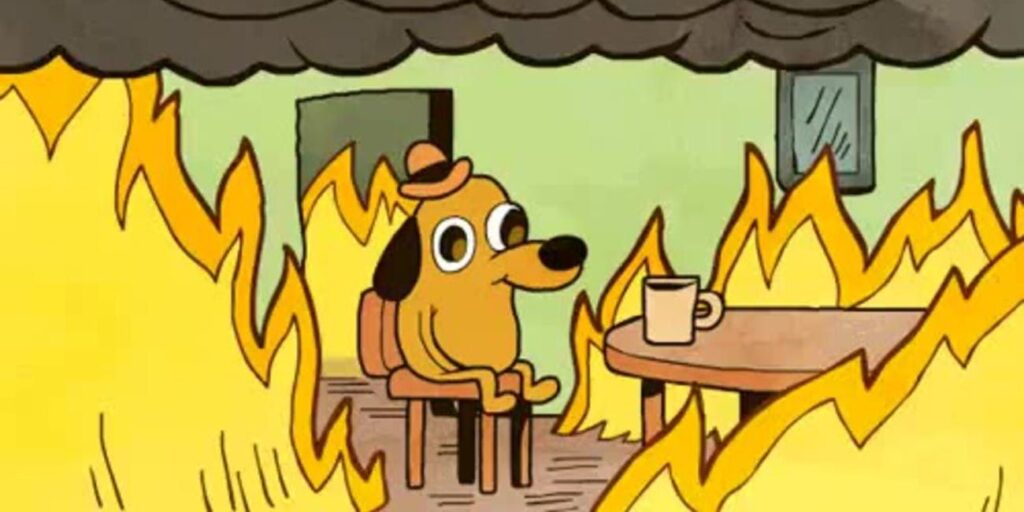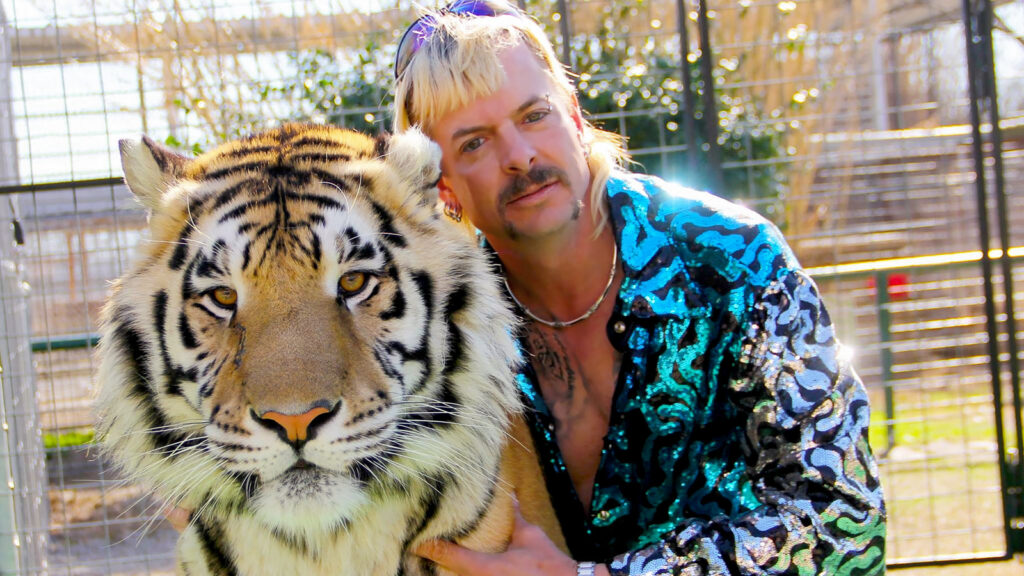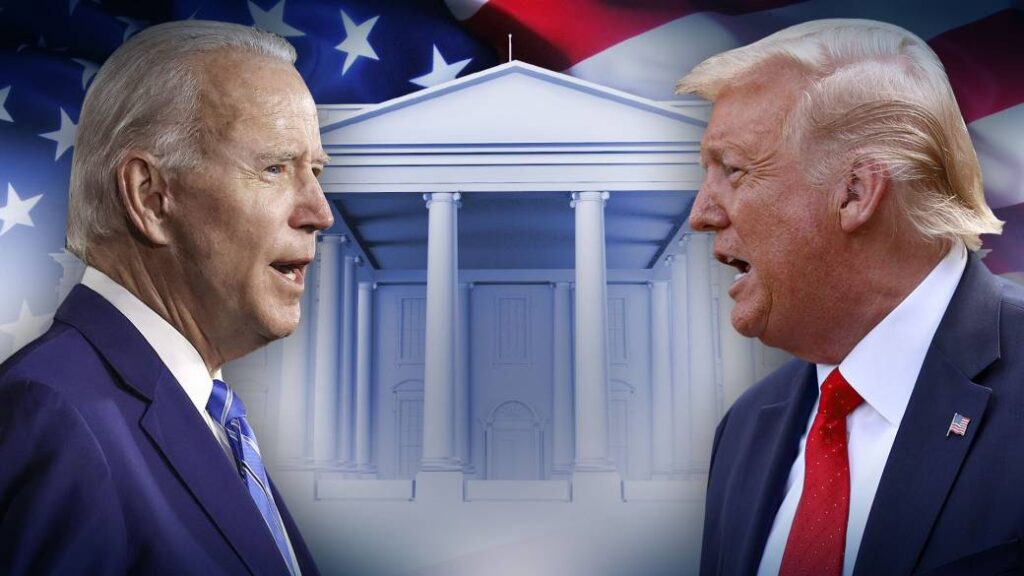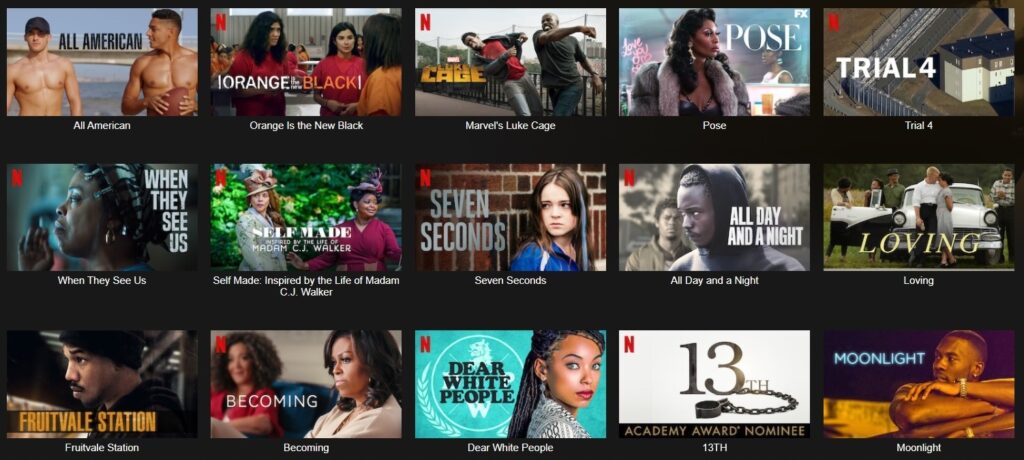Alright, folks. It’s been a crazy year, and it’s not even over yet. Remember last December when we anticipated the ’20s with so much optimism? Remember back in January or February, where we may have been off to a rocky start, but you thought, “These are just temporary setbacks. The best is yet to come.” Those days feel so far away now.
Then the chaos began to avalanche. Offices closed. Cities shut down. Toilet paper flew off the shelves.
Some of the craziest mishaps of 2020, in case you missed them, include:
- The USA almost started a war with Iran
- Explosions in Beirut killed over 200 people and injured over 6,500
- Australian bushfires burned through an estimated 18.6 million hectares of land
- The West Coast wildfires displaced 280,000 people
- Protests in Hong Kong escalated to previously unseen proportions
- Racial violence incited the #BlackLivesMatter movement
- Tens of thousands of Indian farmers protested against legislation that would hurt small farmers and benefit corporations
- The death of Kobe and Gianna Bryant; Chadwick Boseman; Alex Trebek; Ruth Bader Ginsberg…
- Murder Hornets
- COVID-19
… But all that aside, 2020 was pretty typical.

When economies go through large-scale disruption, industries respond in kind. We’ve seen fundamental changes in the way that we live our lives. Businesses that historically required face time are now operating entirely remotely. Restaurants and hospitality businesses have completely transformed their operating models to adapt to new regulations.
Naturally, the way our societies interact with media and entertainment channels changed, as well, as did the way that these channels shaped our attitudes and beliefs.
We Sought Out Escapism as a Welcome Distraction
Right around March, the entire world went into lockdown, and nobody really knew what to expect. We were all unsure how long we’d be sheltering in place, and the seriousness of coronavirus was still poorly understood. One thing we were all looking for was a welcome distraction from the widespread uncertainty and ambiguity. That’s when some of the most sensational television was really doing us a public service.
Tiger King, which conveniently released on March 20th, absolutely captivated the entire world. First, you have an eccentric man who owns a zoo.
Then, you discover that the eccentric man who owns a zoo has a rival who may or may not have fed her husband to tigers.
Then you discover that the eccentric man who owns a zoo who has a rival who may or may not have fed her husband to tigers was also in a three-way, same-sex relationship with two heterosexual men.
And that’s not even the craziest part.

Tiger King, Love is Blind, and Too Hot to Handle are just a few of the spectacles that saw incredible success in their release. They also happened to all have been released within a close range of stay-at-home orders coming into effect. I’m sure a large part of these successes was due to people staying at home, but I’d also bet that this was exactly the type of content that people were looking for after a long day watching the news.
We Used Gaming to Overcome Social Distance
The way we consume content has totally changed in light of COVID-19. Some formats like live music and theatrical releases have been totally devastated by the global pandemic. Other formats, gaming especially, experienced an exponential incline in adoption and engagement.
Animal Crossing: New Horizons became incredibly popular as people started to abandon their real-life chores for in-game chores, chopping trees and crafting bridges for their personalized island villages. Players were even able to visit their friends’ islands at their leisure, creating an opportunity for much-needed connection and interaction.
The gaming industry also partnered with the World Health Organization to launch the #PlayApartTogether campaign. Through the campaign, gaming companies provided benefits and incentives to players that they normally wouldn’t have. This was done to encourage people to stay at home and play games, rather than going outside where they might put themselves or others at risk of infection.

We Used Media and Entertainment to Advocate for Racial Justice
The death of George Floyd was a shameful reminder of police brutality and racial injustice in the Unites States. Outraged, people took to the streets – and their content – to advocate for social change. Artists wrote and recorded new music to express complex and timely emotions, and content distributors did their part by highlighting stories to amplify these messages.
Spotify released a 4-hour long Black Lives Matter playlist spanning 60 unique songs. They even distributed a very pointed news release outlining their dedication to fighting against racial injustice. Netflix undertook a similar approach, releasing a Black Lives Matter collection of films, series, and documentaries that showcase stories about the Black experience in America.
Politics Became the Most Immersive, Pervasive, and Consequential Entertainment Experience
The Trump-Biden standoff was probably one of the most dramatic, divisive, and polarizing elections we have ever witnessed. Whether you voted Democrat, Republican, or if you didn’t vote at all, you definitely have an opinion on the current state of American politics.
Every news channel you flipped through seemed to be sharing some new piece of information that was going to make you feel better about your political affiliation, or make you feel more agitated by the opposition. Every website you clicked on streamed the Presidential debates. Politicians even took to Twitch, leveraging video games to encourage people to vote.
It was so hard to ignore because the politics was everywhere, on every channel, in every medium, and the stories on either end of the political spectrum were absolutely baffling. But unlike Tiger King, this wild and crazy sequence of events was going impact international relations and the global economy. The most immersive, pervasive, and consequential entertainment experience of 2020 was the US election.
Embed from Getty ImagesWhere Does All of This Leave Us Now?
Before you go ahead and say, “I can’t wait for 2020 to be over,” remind yourself that a lot of these issues are not going anywhere, at least not anytime soon. That aside, it’s important to recognize that necessity is the mother of invention, and we’ve definitely observed that in this year. We’ve seen that in how we’ve adapted our daily lives, and how we’ve come up with new and novel ways to stay connected to one another.
As we make it through another year, perhaps under slightly less dire circumstances, I suspect the urge to innovate will slow down as we ease back into some sense of normalcy, and we start craving for what was once familiar to us. On the other hand, perhaps this is just the beginning, and the real innovation is about to begin. After all, what’s normal now, anyway?


2 Responses